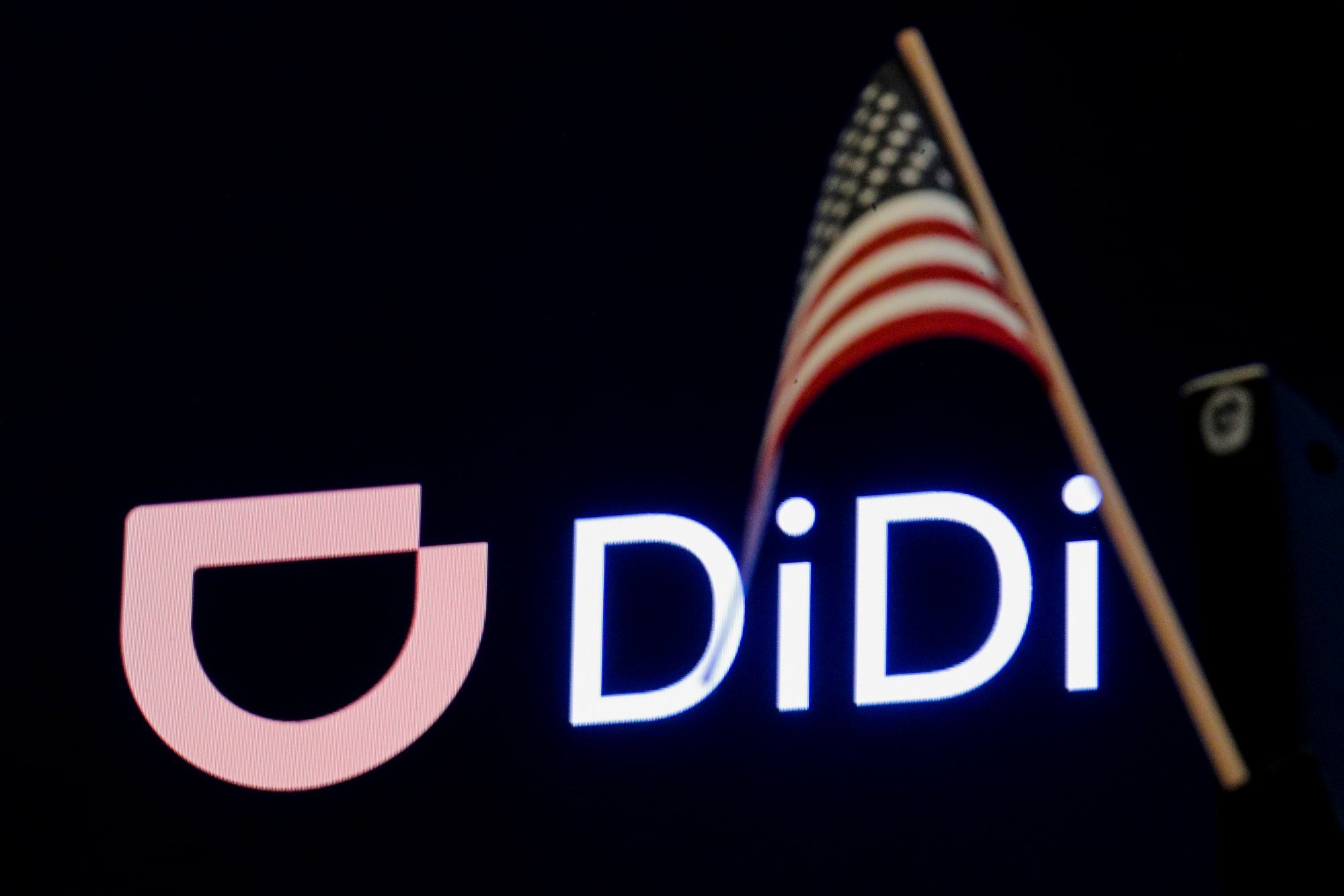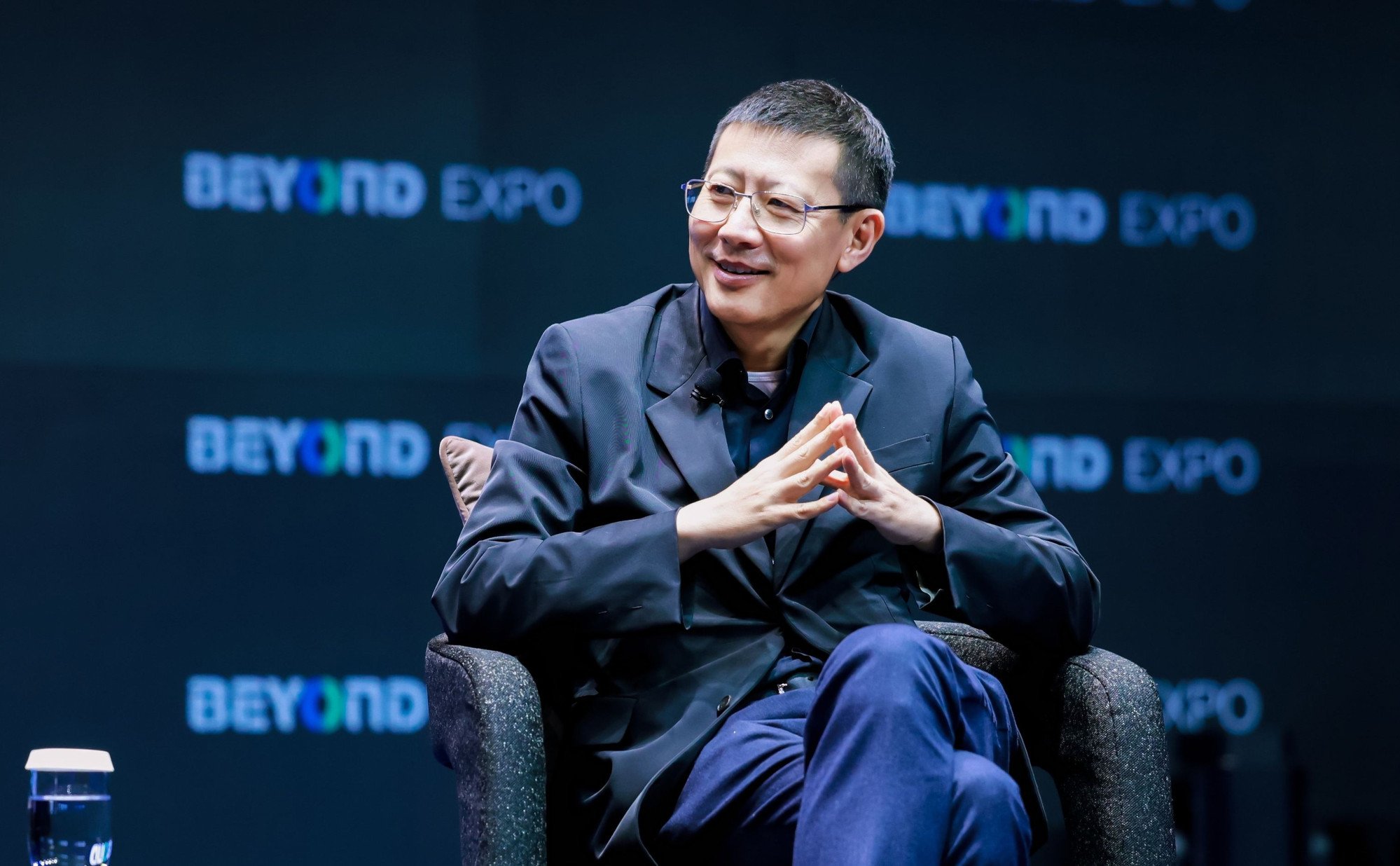US dollars exit China’s VC market, ending 2-decade marriage that enabled rise of start-ups

A sea change is taking place in China’s venture capital (VC) industry as the two-decade marriage between US investors and mainland start-ups comes to an end, casting a shadow over the country’s technology landscape, according to industry insiders and market data.
While US dollar funding from global investors, brokered by a generation of Chinese dealmakers who shuttled back and forth across the Pacific, facilitated the rise of the country’s most successful tech firms over the past decade, the money is quickly drying up. Foreign capital in China’s venture capital industry plunged 60 per cent year on year to US$3.7 billion in 2023, just 10 per cent of the peak in 2021, according to research firm Dealogic.
The “cycle is broken” and the bifurcation of US funds and China tech start-ups is set to widen, said Winston Ma, a law professor at New York University.

Meanwhile, Washington is increasing its scrutiny of US investments in certain Chinese sectors, including semiconductors, artificial intelligence and quantum computing. US investment houses GGV Capital, GSR Ventures, Qualcomm Ventures and Walden International were subject to a probe by a US Congressional committee last year over their deals in China in sensitive technology areas.
The situation marks a far cry from two decades ago, when global investors rushed into China in search of returns. In 2004, Silicon Valley Bank brought a group of 25 US investors to China, including Sequoia Capital founder Donald Valentine, according to Thomas Tsao, co-founder at Gobi Ventures who helped host the delegation.
In the following years, Sequoia and many other venture firms set up shop in China, supporting the rise of Chinese internet giants, and reaping handsome returns for their limited partners back home.
As private capital dried up in China’s venture capital industry, local governments and state-owned enterprises moved in, becoming the major players and profoundly changing the business landscape.

By 2023, China had established 2,086 so-called government guidance funds, with a target size of 12.2 trillion yuan (US$1.7 trillion) and committed capital of about 7.13 trillion yuan, according to data compiled by local research firm Zero2IPO.
The retreat of market-led capital and expansion of state-backed funds, which are typically risk-averse and prioritise investments in their own jurisdictions, has stirred debate over the future of the Chinese venture capital industry.
Wang Ran, the founding partner and CEO of CEC Capital, said in a recent speech that China’s primary capital market was “dead” as government funds, which have a low tolerance for any losses, took over.
One Chinese venture industry executive in Shanghai, who declined to be named, said many firms are making efforts to adapt to the style of state-owned investors but that the transformation was not easy.
Source link

